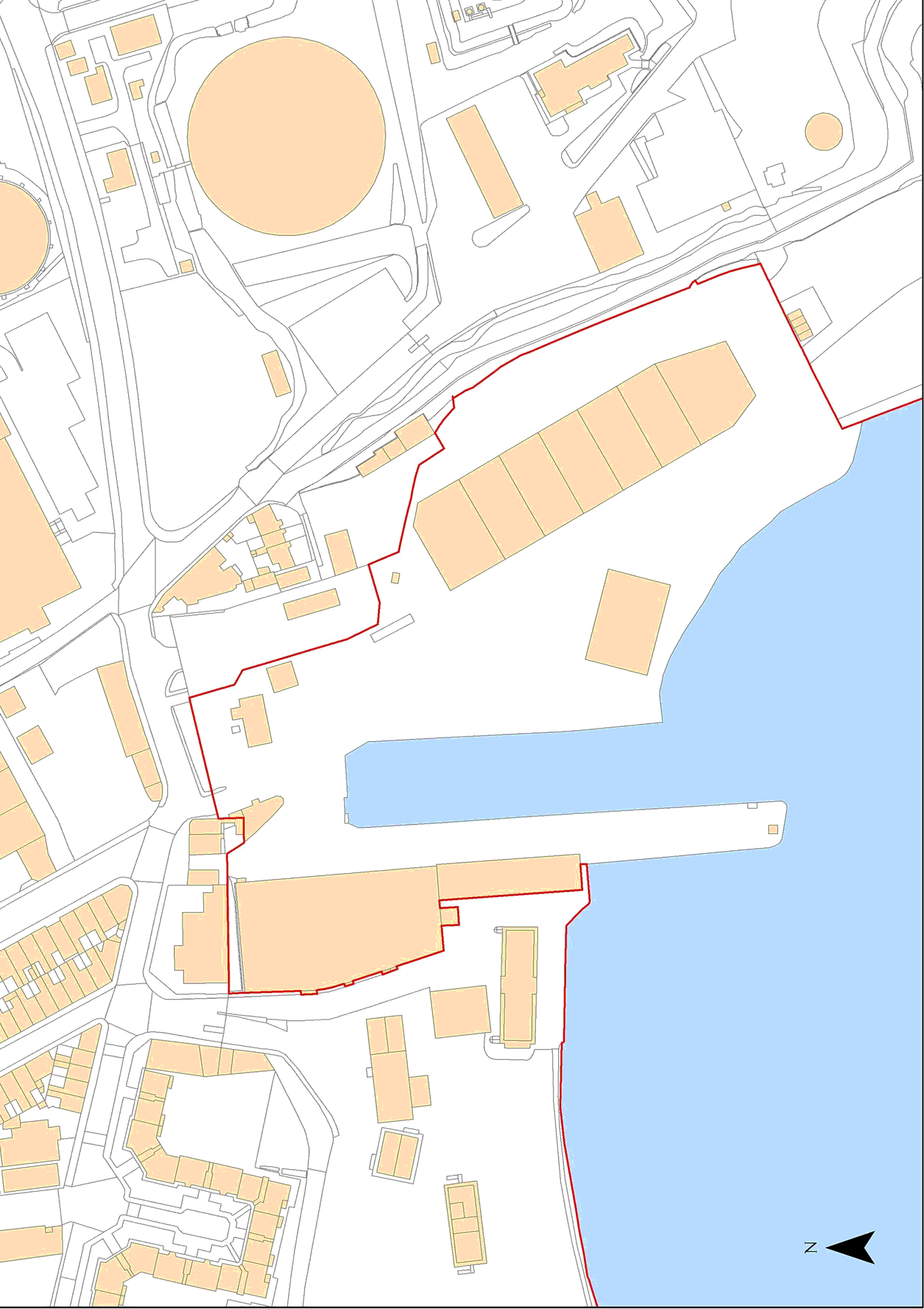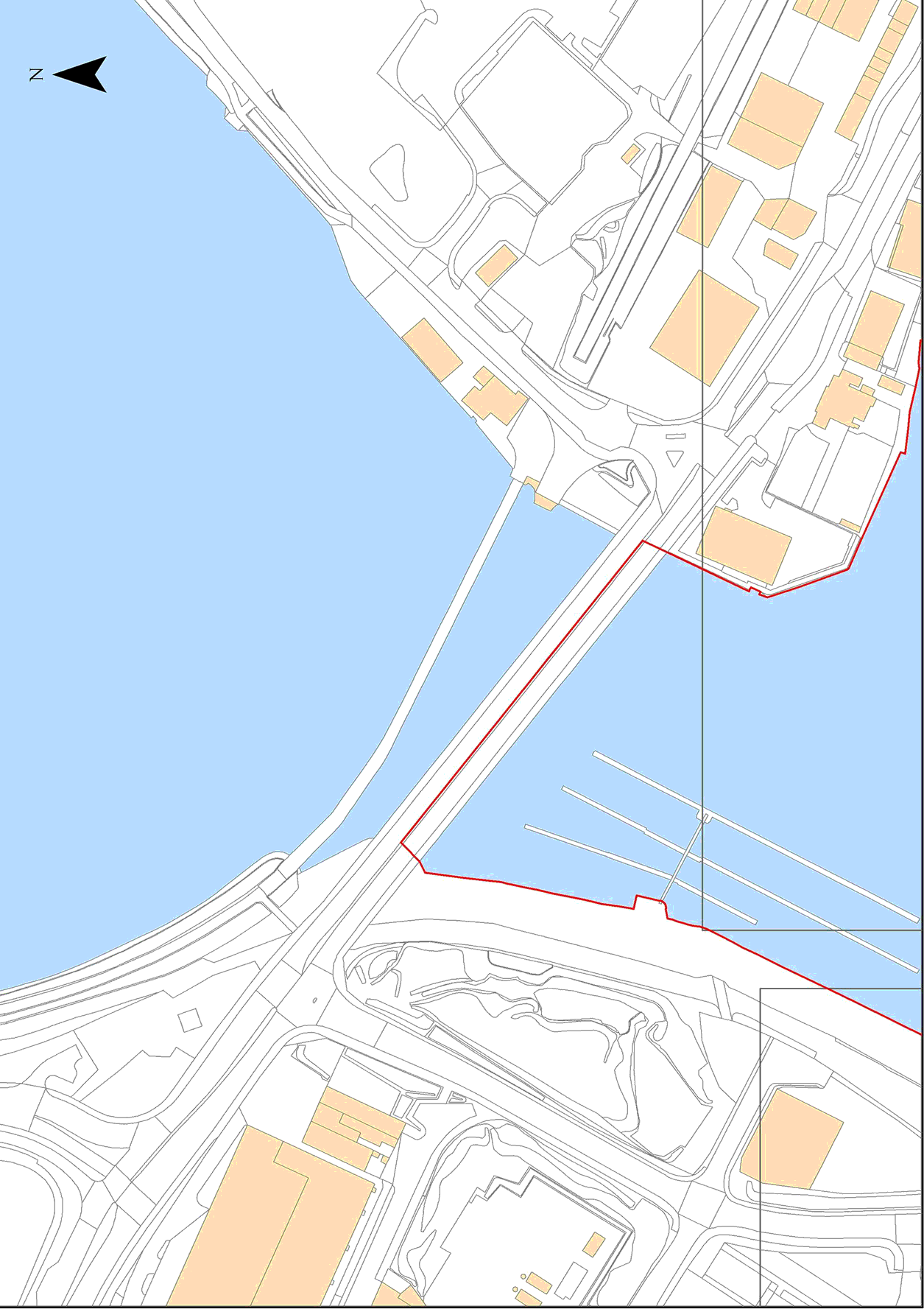Article 2
SCHEDULE 1
Article 2(2)
PART 1Boundary of the Port of Plymouth
Article 2(7)
PART 2Inset Plan 1
Inset Plan 2
Inset Plan 3
Inset Plan 4
Inset Plan 5
Inset Plan 6
Article 3(2)
SCHEDULE 2The Plymouth Port Security Authority
Members
1.—(1) The Plymouth Port Security Authority (in this Schedule called “the Authority”) is to consist of three or more members, each of them appointed by the Secretary of State.
(2) Subject to the following provisions of this paragraph, each member of the Authority—
(a)holds and vacates office in accordance with the terms of the member’s appointment; and
(b)on ceasing to be a member is eligible for re-appointment.
(3) A member of the Authority may resign the office of member by giving notice to that effect to the Secretary of State and will cease to hold office—
(a)on the date specified for the purpose in the notice; or
(b)if that date falls before the expiration of the period of 21 days beginning with the date on which the notice is served, on the date immediately following the expiration of that period.
(4) The Secretary of State may give notice to a member to the effect that the member will cease to hold office on a date specified for the purpose in the notice.
(5) A notice under sub-paragraph (4) may be given only in one or more of the following circumstances—
(a)the member has failed to attend four or more consecutive meetings of the Authority without the permission of the Secretary of State;
(b)the member has a financial interest and it appears to the Secretary of State that the interest is likely to influence or to be capable of being seen as influencing the performance of the member’s functions;
(c)the member has been adjudged bankrupt, the member’s estate has been sequestrated or the member has made a composition with creditors or granted a trust deed for creditors;
(d)there has been misconduct on the part of the member relevant to his or her position as a member of the Authority; or
(e)the member is unable or unfit to perform the functions of the office.
(6) It is the duty of every member of the Authority, so far as is reasonably practicable, to attend all meetings of the Authority.
(7) If it be impracticable for a member to attend a meeting, the member must appoint another member to act as a proxy.
(8) A proxy must speak and vote at the meeting on behalf of the absent member as that member may direct.
Proceedings of the Authority
2.—(1) The Authority must hold at least two meetings in any 12-month period.
(2) Subject to the provisions of this Order, it is for the Authority to regulate its own procedure (including quorum).
(3) The Authority must appoint one of its members as chair of the Authority.
(4) The person appointed remains the chair of the Authority until that person—
(a)is replaced as chair by another member; or
(b)ceases to be a member of the Authority, in which case it becomes the duty of the Authority to appoint a new chair as soon as reasonably practicable.
(5) The validity of any proceedings of the Authority is not affected by a vacancy amongst the members or by a defect in the appointment of a member.
(6) Other than in exceptional circumstances which require a meeting of the Authority to be held at short notice, the Authority must give the Secretary of State at least three days clear notice of a meeting of the Authority together with a copy of the agenda for the meeting.
(7) A representative of the Secretary of State may attend any meeting as an observer.
(8) Minutes must be kept of the proceedings of the Authority.
(9) The Authority must provide the Secretary of State with a copy of the minutes of a meeting before the end of the period of thirty days beginning with the day of the meeting.
Members’ interests
3.—(1) A member who has any pecuniary interest, direct or indirect, in any matter that is brought up for consideration at a meeting of the Authority (which expression in this paragraph includes any committee or subcommittee of the Authority) must disclose the nature of the interest to the meeting.
(2) Where such a disclosure is made—
(a)the disclosure must be recorded in the minutes of the meeting;
(b)the member must not take any part in any deliberation or decision of the Authority with respect to that matter; and
(c)the member may be excluded from the meeting whilst the matter is under consideration.
(3) For the purposes of this paragraph, a general notification given at a meeting of the Authority by a member to the effect that the member—
(a)is a member, director or employee of, or partner in, a specified company or firm, and
(b)is to be regarded as interested in any matter involving that company or firm,
is a sufficient disclosure of the member’s interest in any such matter for the purposes of any meeting where the matter comes up for discussion.
(4) A member need not attend in person at a meeting of the Authority in order to make a disclosure required to be made under this paragraph, provided that the member takes reasonable steps to secure that the disclosure is made by a notice which is read and considered at the meeting.
(5) Subject to sub-paragraph (6), a member of the Authority is to be treated for the purposes of this paragraph as having an indirect pecuniary interest in a contract, proposed contract or other matter if—
(a)the member, or a proxy of the member, is a director of a company or other body (not being a public body) with which the contract was made or is proposed to be made or which has a direct pecuniary interest in the other matter under consideration, or
(b)the member is in partnership with, or is in the employment of, a person with whom the contract was made or is proposed to be made or who has a direct pecuniary interest in the other matter under consideration,
and in the case of two persons living together as a couple (whether married or not) an interest of one, if known to the other, is deemed for the purposes of this paragraph also to be an interest of the other.
(6) A member is not to be treated as having a pecuniary interest in any contract, proposed contract or other matter by reason only—
(a)of membership of a company or other body if the member has no beneficial interest in the securities of that company or other body; or
(b)of an interest which is so remote or insignificant that it cannot reasonably be regarded as likely to influence the member in the consideration or discussion of, or voting on, any question with respect to that matter.
(7) The Secretary of State may, subject to such conditions as appear to the Secretary of State to be appropriate, remove any prohibition imposed by virtue of this paragraph in any case where the prohibition is impeding or likely to impede the ability of the Authority to perform its functions under this Order or under the Port Security Regulations 2009.
(8) The power of the Secretary of State under sub-paragraph (7) includes power to remove, either indefinitely or for any period, a prohibition which would otherwise attach to any member, or members of any description, by reason of such interests and in respect of such matters, as may be specified or described by the Secretary of State.
(9) Nothing in this paragraph precludes any member from taking part in the consideration or discussion of, or voting on, any question whether an application should be made to the Secretary of State for the exercise of the power conferred by sub-paragraph (7).
(10) Any person who fails to comply with the provisions of sub-paragraph (1) is guilty of an offence and liable on summary conviction to a fine not exceeding level 4 on the standard scale.
(11) A person shall not be convicted of an offence under sub-paragraph (10) if it is proved that that person did not know that the contract, proposed contract or other matter in which that person had a pecuniary interest was the subject of consideration at the meeting concerned.
The Crown
4. The Authority is not to be regarded as the servant or agent of the Crown or as enjoying any status, immunity or privilege of the Crown and its property is not to be regarded as property of, or held on behalf of, the Crown.







